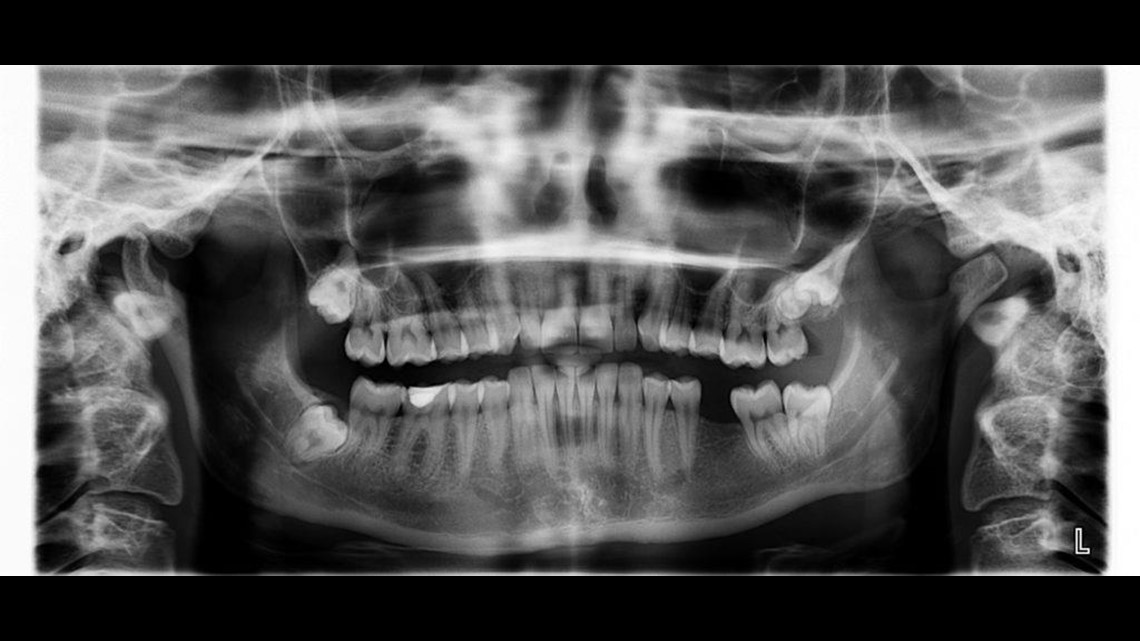More than 1,200 Tennesseans are listed as missing in the FBI's National Crime Information Center.
However, only 326 of those cases are listed in the National Unidentified and Missing Persons System, which was created in 2007 to be the nation's central database for missing and unidentified persons investigations.
Tennessee took a step toward fixing that discrepancy by enacting the Help Find the Missing Act in July 2017.
For unidentified persons, the state law requires the regional forensic center supply both the TBI and NamUs with fingerprint cards, dental records, DNA records and other identifying information.


For missing person cases, state law requires that law enforcement agencies request the missing person's next of kin to supply dental records.
Then, if the person is not located within 30 days, that information must be passed along the NamUs.
"Before the law came into effect, I think it was an awareness issue," said Todd Matthews, director of case management and communications for NamUs, "There were a lot of people who didn't know that NamUs was a resource. And it pays for everything - dental records, DNA analysis, fingerprint analysis. If you don''t have an expert, we do."
Matthews says when all the information comes together, some cases can be solved quickly.
"With unidentified bodies, I could have a full dental record, but I could have no fingerprints because of decay. I might only have DNA. With missing person, I might not have family dentist so I don't have dental records, but I might have a fingerprint card," Matthews said. "In some cases with dental records and fingerprints, if we have access to them it could be hours and days as opposed to years."
With Tennessee state law mandating law enforcement agencies to enter information into NamUs, the next step forward is addressing the backlog of cases in the FBI's system that are not in NamUs. Matthews says most of those cases predate NamUs.
"I can't Google a filing cabinet," Matthews said. "It's a matter of going back and looking through the records. We're going to have to ask agencies to come forward with old data."
Matthews says even the public and family members of the missing can help by making sure missing person cases are in NamUs.
"Often the public struggle with, 'what can I do to help.' If you see something that's not there, say something," Matthews said.
You can learn more about NamUs at NamUs.gov.

